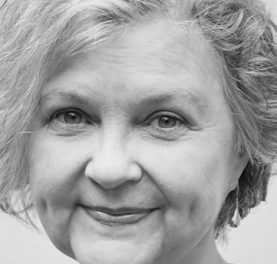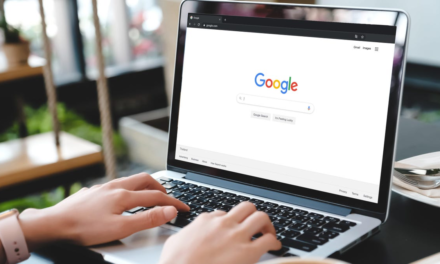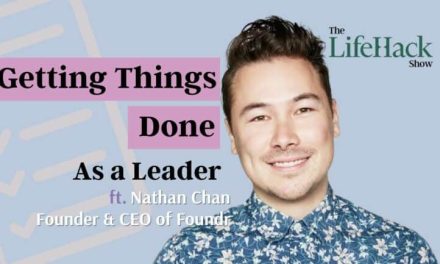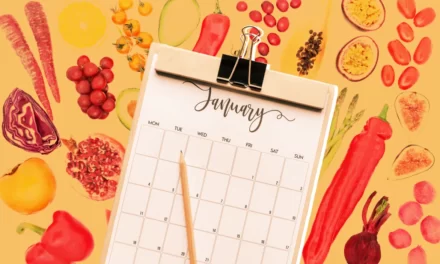There’s a question I am asked fairly often, by friends and even family: Why do I write?
It is difficult to explain the “writer’s high”, if I may call it that. As I set out on this task, my screen stares back at me, blank but for the blink of the cursor. It will start to fill with ideas, if I begin to write something coherent. And then those ideas will be beaten into shape.
I will see inconsistences and seek consistencies. The battle in my head will be a silent but busy one. An intense one too, as the thoughts are honed until they acquire a shape that feels convincing. Eventually, all this will be transmitted to a larger audience, whose minds I hope to sway and shape.
To me, eventually, writing is an act of rebellion against silence.
I would go so far to say that every creative act — painting, photography, music and so many others — is a gesture of defiance and bravery.
Look at it this way: we live in the age of the consumption economy. Almost everything one desires is a click away. Giants of business and technology compete to cater to our whims. It takes courage, conviction and a commitment to deeper truths, to step away from the ease of that world, stand apart, at least for a while, and say: there is more; there are still new ways to see this world.
I remember a conversation with TN Hari, co-founder of the Artha School of Entrepreneurship. In an earlier life, he co-founded BigBasket. When we spoke a while ago, he raised an interesting question: How did people live before 10-minute delivery became a business model in urban India?
A likely answer is that we consumed less, and thought more about our purchases. Extend that thought to our lives at large. Most of us have forgotten the fundamental human joy of creation, and replaced it with consumption and possession. In the transition from effort to ease, we have lost a measure of control too. Our lives are now filled with products that other people want them filled with.
There is still the opportunity to transition from silent consumers to careful curators.
Writing remains the simplest and most powerful way to do this. All it demands is a decision to think more deeply about one’s world, crystallise thought into language, and share the inner world with the outer.
I am reminded, as I write, of an outstanding passage by the African-American writer Ta-Nehisi Coates: “I strongly believe that writing is an act of courage—it’s almost an act of physical courage. You get up and you have this great idea. Maybe you were hanging out with your friends—you guys were having beers and you were talking about something. You had this idea and they said, ‘Wow, that’s brilliant! Someone should go write it.’”
But, he goes on to say, not many people follow through and “go write it”? I am among those who do. And there are still others who pursue creativity differently, in the everyday.
The seemingly humble act of making a meal, for instance, can be pure alchemy. The transformation of raw ingredients into something far greater than the sum of their parts is a ritual that nourishes more than the body. It feeds the soul, offers a canvas for creativity, and serves as a bridge across which to connect with others.
Technology can do this too. Coders often say it takes a polymath to write great code. One is, after all, building new worlds, solving complex problems and bringing ideas to life.
So why don’t more people spend more time creating? Well, the path from consumption to creation is full of difficulty. Creation is a messy, nonlinear process. There are no instant rewards. There may be no material rewards at all. This prompts fear: of not being good enough, of “failing”. But it is in acts of creation that we reach new levels of growth, mastery, self-discovery.
Getting onto this path is a choice, and in order to make this choice we must first learn to pause. Re-evaluate how we spend our time, energy and attention. And cultivate the habit of seeking meaning and fulfilment, rather than merely seeking junk food for the mind.
Now I have reached the limits of my word count, I pause again. I feel the satisfaction of having crafted what I set out to create. Hopefully, it will resonate with you.
What is your chosen path of creativity? Are you making time for it? I’d love to hear your story.
(Charles Assisi is co-founder of Founding Fuel. He can be reached on assisi@foundingfuel.com)





